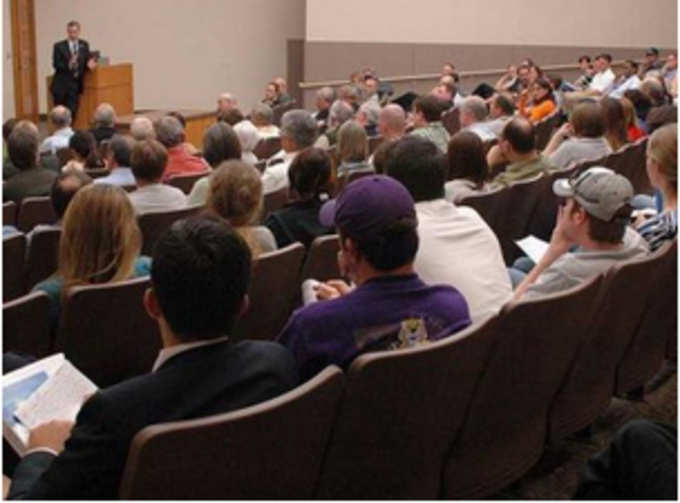
The growth of the
The skew between the central government-run institutions and those controlled by the state governments is not just in the number of students enrolled. The quality of higher education imparted at the state government-run institutions is relatively inferior in almost every discipline. Figures regarding youth employability from TeamLease show that 57% of the young people suffer from some degree of unemployability and 53% of the employed youth suffer from some degree of skill deprivation. These are staggering figures that are already hurting the health of the nation. The private sector, which runs over 60% of the educational institutions but accounts for just 40% of the enrolment, has not lived up to expectations either, in terms of quality.
The state governments will point to the fact that the Central institutions have been heavily funded at the expense of all others, but the problem extends beyond that. The states have paid little attention to higher education, spending far too small a portion of their GSDP (Gross State Domestic Product) on it, just 0.5% on an average. A few states like Maharashtra spend as little as 0.14%! The RUSA mission of MHRD aims to correct this skew in
The fragmentation of our higher education system necessitates a strong focus on scalable solutions. We have 690 universities/university-level institutions and nearly 37,000 colleges, educating approximately 26.6 million students. Compare this with China where just 4,000 universities and colleges cater to a similar number, 25.4 million students (as per 2010 data)!
It is well known that addressing problems at scale requires a completely different approach – one needs to begin differently. The regulatory regime has also contributed in no small way to the erosion of quality and needs to be reworked. Governments need to focus on creating an enabling framework within which the management and the faculty can be empowered to innovate and deliver desired outcome. Complete autonomy to institutions, supported by an appropriate accountability regime, will help unleash the creativity and energy of the faculty and students. Fortunately, giving autonomy to colleges is a key goal of the RUSA mission.
The management and regulation of education ought to be a space where there is active engagement of a large number of academics – teachers, educators, researchers, scientists and social scientists – all active practitioners in their respective fields. Expertise and experience are critical and decision-making bodies must be expanded and made more inclusive. They must also be made more accountable. The focus must shift from processes towards outcome. For instance, researchers, who by definition need to do things that have never been done before, ought not to find themselves constrained by cumbersome processes set up in the interests of preventing the misuse of funds.
Also, many years of functioning in an extremely constrained environment has robbed the faculty of much of their capacity to take charge of quality education delivery. This problem will have to be taken head on and the capacity will have to be painstakingly rebuilt. Being expected to specify the outcome and working towards delivering the same are what the faculty must get used to doing. Governments and managements of institutions must correspondingly ensure that their working conditions are conducive.
Unfortunately, a large number of faculty members are employed on contract basis for years on end and they are paid poorly. Worse still, many are even hired on ‘clock-hour-basis’ and are paid paltry sums such as Rs 250 for a 50-minute lecture! Teaching has long ceased to be a profession of choice. The attractive salaries of the
How well the RUSA mission is implemented will be a reflection of how diligently we discharge our collective responsibility to the future generations. As most reforms take a minimum of a decade to show results, many international experts have pointed out that India’s window of opportunity is already slipping away. It is entirely up to us to revive it.
Dr Leena Chandran-Wadia is a Senior Fellow at the Observer Research Foundation Mumbai. She received her PhD in Physics from IISc Bangalore and did her post-doctoral at ETH Zurich,